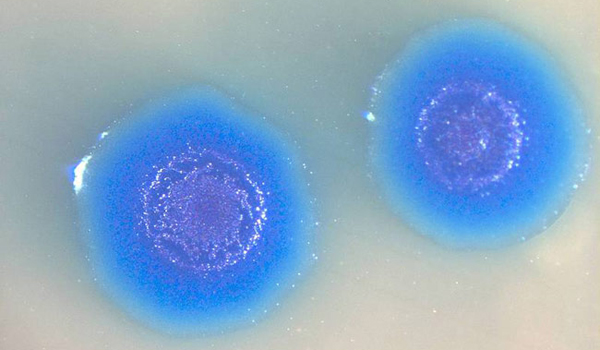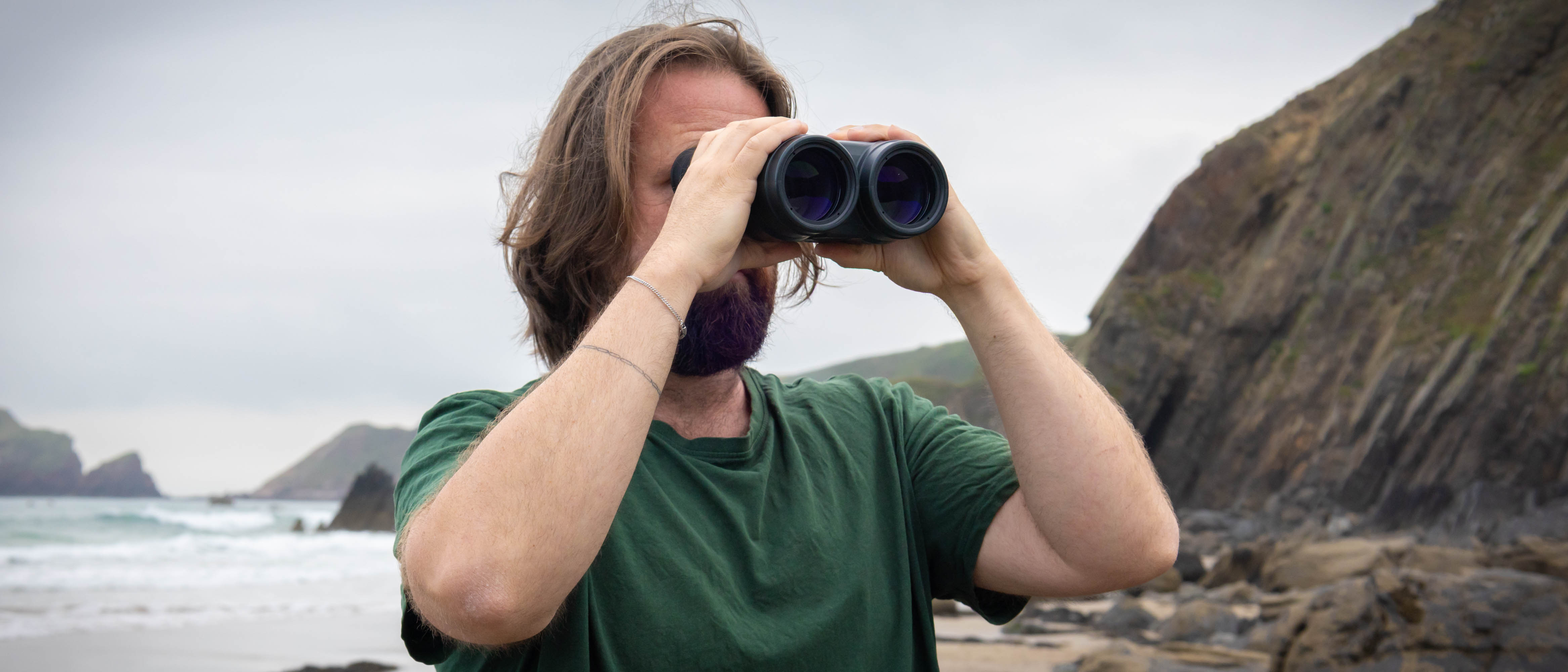What's Synthetic Biology?

Synthetic biology aims to use science and engineering to make or redesign living organisms. Researchers create new genetic codes that do not already exist in nature, even if they base their work on existing genetic sequences.
Synthetic biology builds on earlier genetic engineering methods, and has many of the same goals. But the work differs from traditional genetic engineering , which recombines existing DNA sequences to change the genetic makeup of organisms.
Possible benefits of synthetic biology include making new microbes to fight cancer and other diseases, as well as creating new, cheaper medicines or vaccines. It could even lead to new organisms that provide cleaner, cheaper energy compared with today's fossil fuels, or help clean up pollutants such as oil spills in the environment.
But some experts worry that synthetic organisms could behave in unexpected ways that might harm the environment. Specially engineered organisms, such as a superbug version of the flu, might become biological weapons of mass destruction, they speculate.
Critics also have problems with the idea of creating synthetic life, based on moral or religious objections. The ability to create synthetic organisms may also raise questions about how humans define life.
- What Is a Species?
- 10 Deadly Diseases That Hopped Across Species
- The Top 10 Worst Hereditary Conditions
Jeremy Hsu is a senior writer for LiveScience, a sister site to Life's Little Mysteries.
Got a question? Email it to Life's Little Mysteries and we'll try to answer it. Due to the volume of questions, we unfortunately can't reply individually, but we will publish answers to the most intriguing questions, so check back soon.
Get the world’s most fascinating discoveries delivered straight to your inbox.
 Live Science Plus
Live Science Plus






